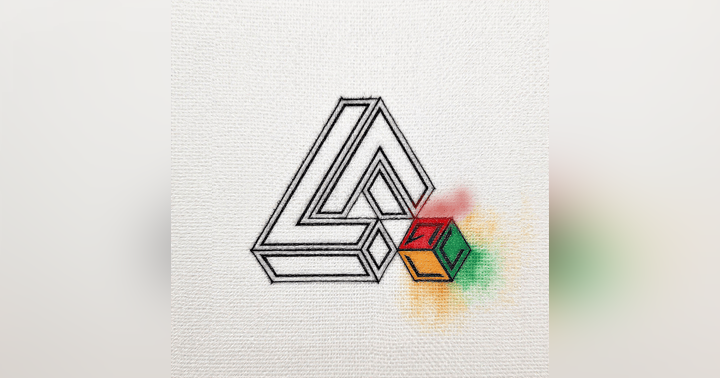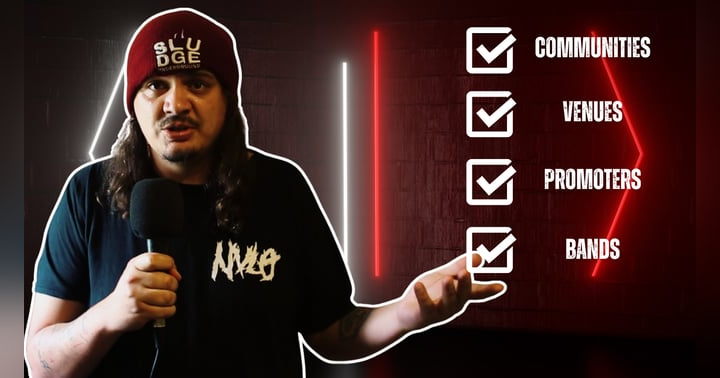Revisiting Records, Bringing it Back to the Block & Confidence with The Fismits

In a recent episode, Meagan spoke to Mark Biagio from Indie Alternative Rock band - The Fismits. Here are a few points from the full interview.
Dust Off Your Cassettes
After working on ‘Halen’, Mark discusses the ways we could recover some gems:
“There are two scenarios. I think there are songs that never got recorded necessarily, or were recorded but are not in a shape to be released. Y’know, they’re sitting on a dusty cassette or on a .dat that’s got digital distortion on it because it’s so old. So those need to be revisited and even reinterpreted, it’s a good story, I’ve learnt that from ‘Halen’. Revisiting and reinterpreting it is kinda cool, but then there are quite a few things that I think should be remastered and brought back. Some of them don’t even have to be remastered. There were some great albums and some great tracks that were done in that period, that should have seen the light of day and should’ve been a little bit bigger - that’s what the songs deserved, in my opinion. There was also a lot of rubbish at the time too, but that’s the music industry.”
Neighbourhood Scene
Some consider the 90’s to be the golden era of local music. Mark tells us why we had to be there:
“I don’t know if you can bring back anything. I’ve been listening to a couple of podcasts, like Benji Moody. They seem to harp back to the glory days of the late 80’s and 90’s, and they’re trying to understand why the scene doesn’t have the uniqueness now that it had then. I don’t think you can solve it. I think the problem is, right now, the world has gotten a lot smaller with the digital age and things like that. So, as a band, as The Fismits sitting in Midrand, we’re still directly competing with a trillion other bands around the world, for someone’s Spotify time. Whereas back in the 90’s before that, you were trying to compete with U2, but you weren’t really because nobody could see U2, or listen to it. You had to find a mate who had the CDs, so you were very much local. You were competing on a neighbourhood level and creating a neighbourhood scene. Hence why, in the 90’s you had the C-Weed guys in Pietermaritzburg pulling the Durban and Pietermaritzburg scene together. You had Sound Action in Cape Town pulling the Capetonians together and Ernesto was doing his thing, producing those bands. They would send each other demos and they would include each other’s stuff, and you created the scene out of what was happening. I mean, even at one point, the Vaal Triangle had a big scene going, that’s where Zeplins came out; that nightclub. So, it stems out of being local, I don’t think we have enough local presence or local venues. So I don’t think you can bring anything back.”
Some Sour Advice
In reference to the lyrics of ‘One Dead Friend’, Mark reflects on what he’s learned from his journey over the years:
“In my twenties with The Mindset, I was as passionate, if not more passionate than I am now. It was a different band and a different time, but I had my brothers to lean on. You would gee each other up and the collective had a good strength. Where one person had a weakness, somebody had a strength that countered your weakness. It’s taken time to be able to be confident and say things like that, and be able to deliver it in a way that I’m comfortable standing up and saying yes, that’s me. If you like it, I’m happy. If you don’t like it, you’re free to your opinion - it is art after all. I think that sort of attitude is something you have to have. You have to have the ability to back yourself, no matter what you’re saying. Be attentive to what people are saying, but don’t take it to heart. The only advice that I can give is that, the guys must do everything with conviction, and be super confident in what they’ve got and what they’re doing. Listen to people’s advice, but don’t take it to heart.”









